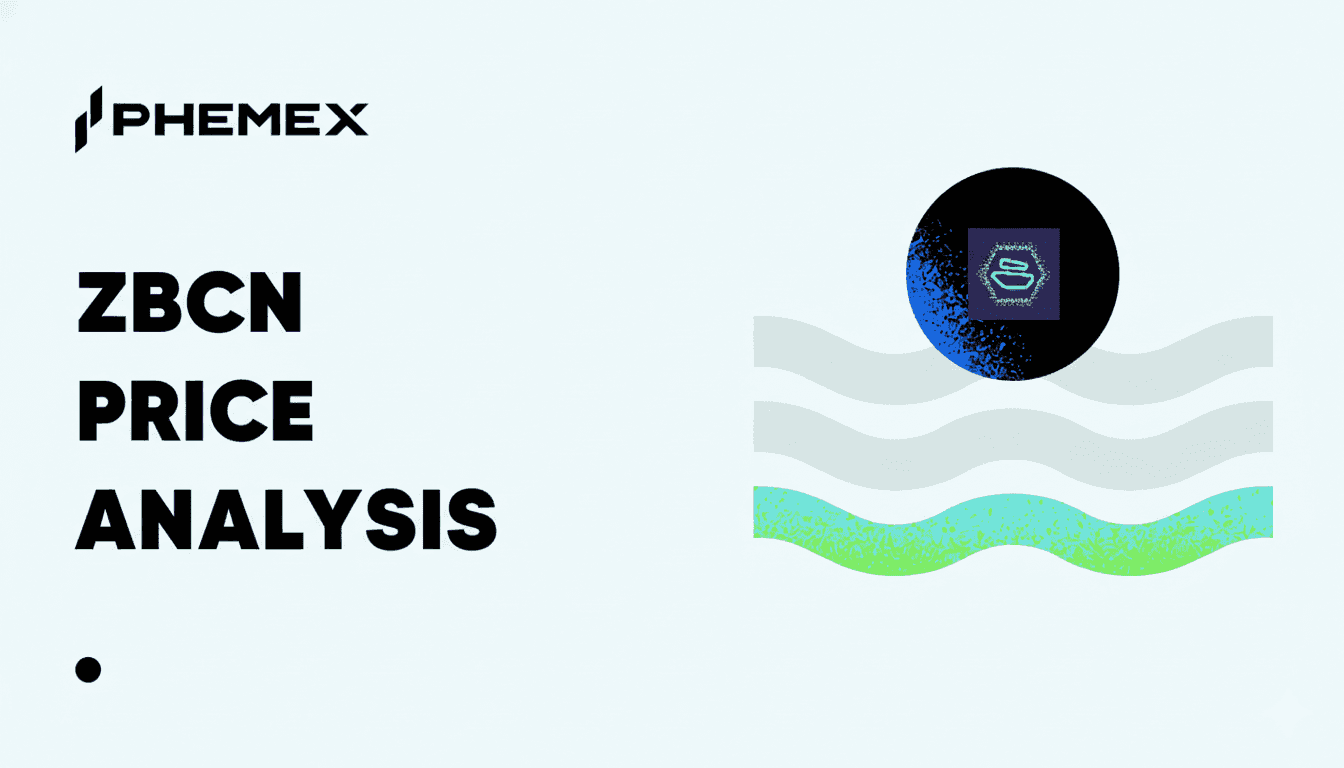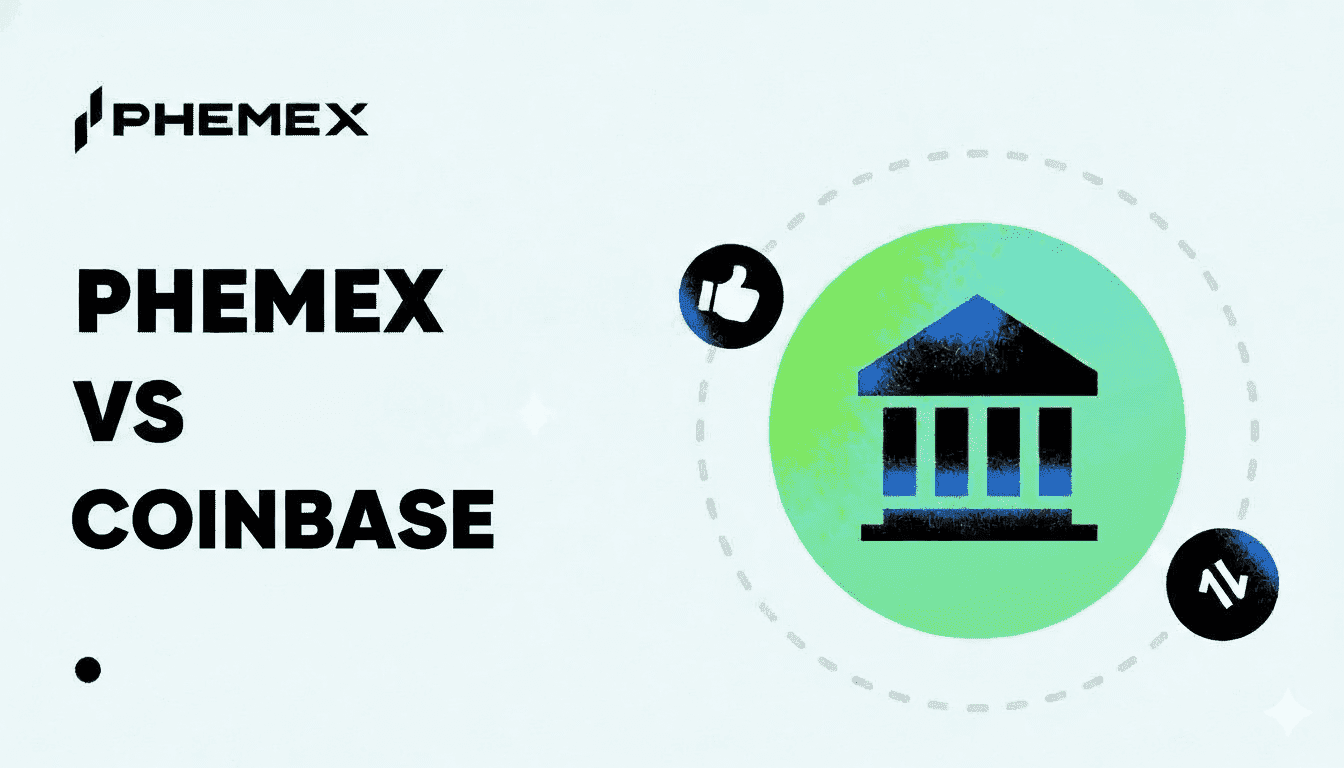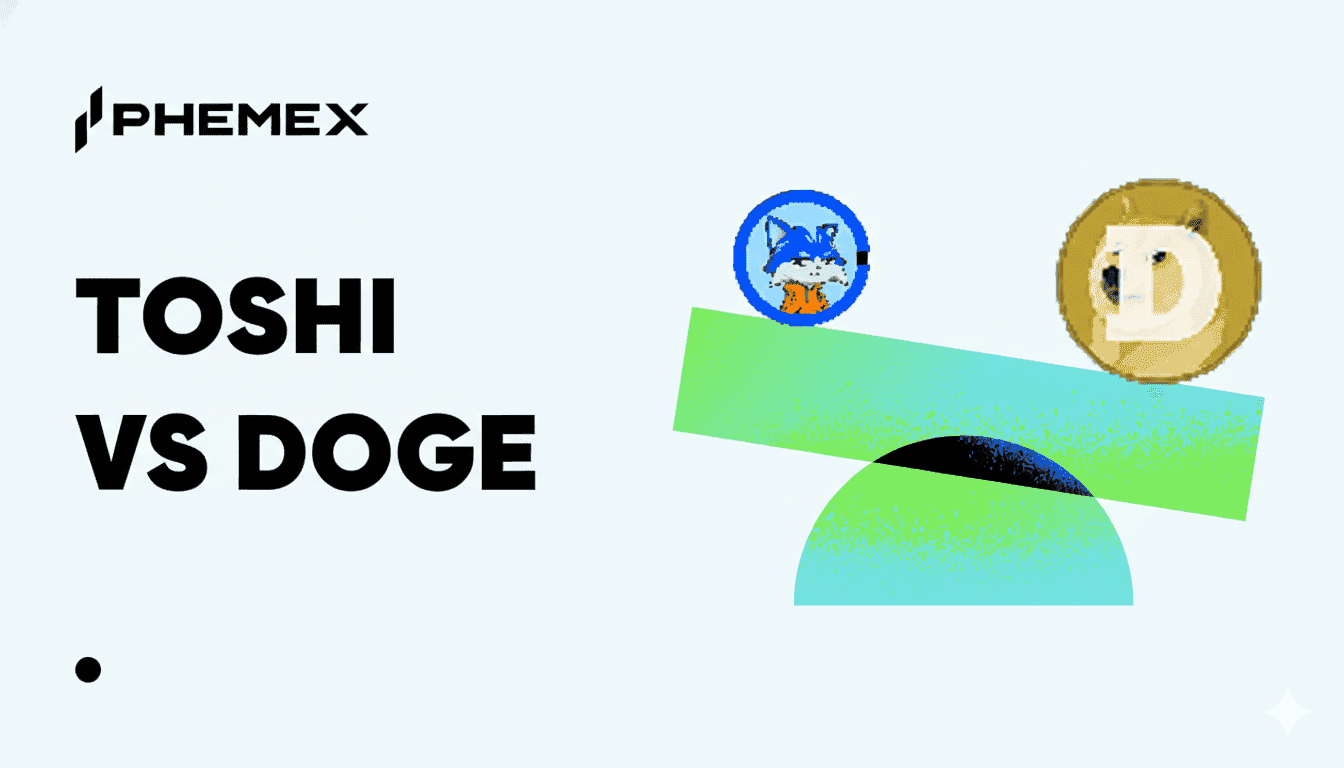All crypto traders began by registering an account on a centralized or a decentralized exchange. Crypto traders do this because exchanges are where they can buy and sell (or day trade) cryptocurrencies on the market. Exchanges are essential to the ecosystem as a whole, similar to how stock brokers facilitate stock and options purchases. However, separate from the traditional markets, crypto also has decentralized exchanges where traders can buy cryptocurrencies anonymously, which has become a popular option of choice.
So wether you’re a crypto spot trader or a Bitcoin Futures trader, understanding the difference between a decentralized and centralized cryptocurrency exchange is essential.

What’s A Crypto Exchange?
A cryptocurrency spot exchange is a marketplace or platform that allows you to buy and sell a variety of crypto coins and tokens. Generally, a trader will design a trading strategy based on which coins they believe will increase in value and which ones will decrease. The straightforward goal is to make a profit with each trade or to hold a coin until the price increases to an acceptable amount. However, there are thousands of different trading strategies to employ.
Traders that like to trade on spot exchanges like to buy coins at the market value. Spot holding cryptos gives a trader or investor ownership over the actual cryptocurrency. For example, if you spot buy Bitcoin on Phemex, you own that Bitcoin.
Similarly, a crypto derivatives exchange also allows you to buy and sell crypto assets. However, rather than dealing with cryptocurrencies directly, you deal with contracts that derive their value from an underlying asset. For example, Phemex’s BTCUSD contract follows the price of Bitcoin. Trading Bitcoin Futures allows you to open positions in an attempt to profit by betting on whether the price of Bitcoin will go up or down without actually having to hold Bitcoin.

Derivatives trading is a more advanced form of crypto trading. Derivatives also allows traders to speculate on future cryptocurrency price action along with hedging their portfolios in more advanced ways.
What’s A Centralized Exchanged (CEX)?
A centralized exchange is a trading platform and marketplace that is similar to a bank and stock broker. Users trust the company and store their assets or coins with them. The exchange is responsible for processing all transactions and overseeing security. Most popular exchanges today are centralized, including Phemex.
Centralized exchanges like Phemex go through a process to list the many cryptocurrencies on the market to give to their clients and the community to invest or trade. Moreover, they handle the order book, wallets, accounts, customer service, and provide other services and offerings like savings accounts, earn, and educational content like Learn & Earn and Academy articles.
Centralized exchanges are generally the preferred avenue for beginning traders to get into the world of cryptos because of their ease of use, liquidity, and availability for multiple currencies. So anyone in the world can usually access them.
What’s A Decentralized Exchange (DEX)?
A decentralized exchange, on the other hand, is a type of cryptocurrency exchange that does not directly control the funds or assets of its users. Traders retain full control of their cryptocurrencies in their own wallets. The exchange is essentially a system that executes smart contracts, but it is users that initiate all transactions and specify the exact details of their trades.
Although some of these characteristics may sound superior, there are also many disadvantages to a decentralized exchange. Usually, these exchanges are owned anonymously, so not much is known about the people behind the project and their intentions. These exchanges are also very difficult to navigate and understand, especially for beginners. Finally, a lack of awareness and liquidity about these companies means slower speed, transactions, and potentially much higher fees.
The advantages of decentralized exchanges are that they are a great gateway into the world of DeFi where traders can learn how to use decentralized wallets and buy and sell cryptos and NFTs in a decentralized way, purely P2P.
Popular decentralized exchanges include dYdX, 1inch, Balancer, Bancor, Curve, PancakeSwap, Raydium, Serum, Saber, SushiSwap, Trader Joe, and UniSwap.
Conclusion
So centralized and decentralized exchanges primarily differ on their ownership, but also in terms of features, security, UX, and navigating between blockchains and wallets. Generally, beginning traders may prefer centralized exchanges for their spot trading features, but also derivatives, as well as their ease of use — while advanced traders and DeFi-native crypto enthusiasts may prefer decentralized exchanges.









